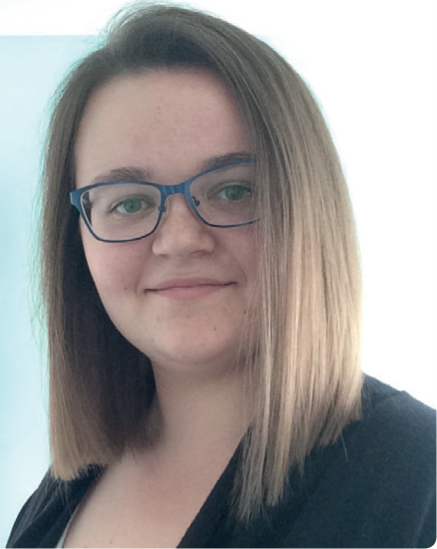
After 3 years, I have finally almost reached the end of my paramedic science degree at Oxford Brookes University. Last week, I submitted my dissertation which evaluated the use of screening tools for geriatric depression by paramedics in the prehospital environment. Now, I have just two more written pieces of work and the remainder of my placement to go before I complete my journey for a career that I've been looking forward to for a long time!
Due to COVID-19, there has been a lot of uncertainty about whether students will remain on placement on frontline ambulances. For non-healthcare courses, the decision to cancel or postpone assessments has clearly been the safest option; however, any delay for the qualification of healthcare students can affect the continuity of service in the future and has had to be considered carefully. The first and second years have had their placements cancelled but for now at least, the third year placements are continuing so that we can reach the requirements to potentially go on the temporary register with the HCPC if we are able to do so. South Central Ambulance Service are not allowing student paramedics into the properties of suspected or potential COVID-19 patients so we aren't attending many jobs now unfortunately. However, I understand that it's not worth the risk of unnecessarily exposing a third manner when not even their colleague, either the emergency care assistant or non-attending paramedic, is allowed into the property unless help is needed with a stretcher for extrication.
Some of my non-ambulance placements, such as one in a hospice, have been cancelled to protect the patients from exposure to non-essential staff. When that is the case, I have been advised by my lecturers to research into the specialties that I've missed to ensure the additional time is utilised. Recently, I've been reflecting upon my time as a student paramedic and, knowing that I will soon be a registered clinician, I've been trying to identify gaps in my practice so that I can top up my knowledge. For example, I've not yet had to use an intraosseous device on a real patient so I've booked on a cadaver course so that I can practice this skill. Likewise, I've not encountered a lot of trauma during my 3 years as a student so I will be completing the Pre-Hospital Trauma Life Support (PHTLS) course once I finish my degree to refresh my training. This is part of a work ethic that I will continue into my career when maintaining my CPD portfolio and keeping up to date with the latest guidelines.

